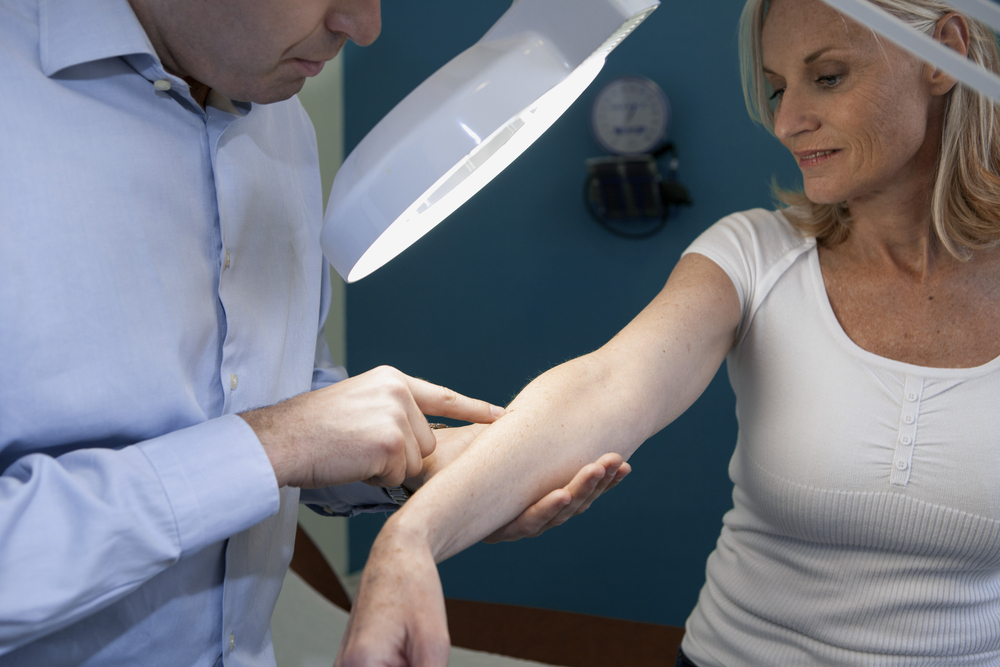Colorectal Cancer Screening: Colonoscopy & Alternatives for Elderly Adults
Category:

Colonoscopy is definitely a dirty word when it comes to growing older. Most people quite literally dread them. Fortunately, there are now many alternatives to a colonoscopy available for those who can’t afford or simply don’t want to deal with the difficult and uncomfortable test.
Why do you need colorectal cancer screening?
Colorectal cancer is the second leading cause of cancer death in the United States. It is one of those particularly challenging forms of cancer in that once you experience symptoms and learn you have it, it is usually too late. So the best way to prevent death from colorectal cancer is to be proactive and catch it as early as possible. Until recently, a colonoscopy was considered the best way to do that.
Unfortunately, in addition to not being any fun at all, colonoscopies are often cost-prohibitive, especially for the uninsured. That is why it is so important that we now have alternatives to colonoscopy that can be equally useful in detecting cancer or other bowel problems.
Alternatives to Colonoscopy for Elderly
There are several tests you can use to monitor your bowel health, and many of them can be done in the comfort of your own home with little or even no preparation.
The alternative to colonoscopy currently considered the preferred alternative to more invasive tests is the stool DNA test. A stool DNA test is performed by collecting a stool sample at home and sending it to a lab for testing. The test looks for microscopic blood in stool and DNA changes and mutations in the stool that might include precancerous polyps and/or cancerous tumors.
You have probably seen Cologuard advertised on television, a stool DNA test specifically for those over 45 with an average risk of colon cancer. The FDA approved Cologuard in 2014, and many people used it during Covid when it was even more challenging than usual to have a colonoscopy.
Other Alternatives to a Colonoscopy
Fecal immunochemical testing (FIT) is an alternative for colonoscopy that uses antibodies to detect traces of blood in the stool. The sample can be collected at home and brought to a doctor’s office for testing. It is much less expensive than a traditional colonoscopy and is used in many parts of the world. It is generally done every two years.
A fecal occult blood test (gFOBT) works similarly to the FIT mentioned above. It sounds strange, but in this case, occult just means hidden. Both the FIT test and the gFOBT can still require colonoscopies if something unusual is detected.
A final colonoscopy alternative for elderly people is a virtual colonoscopy. This test uses imaging instead of a tube inserted into the rectum to view the inside of the colon. While it is less invasive than a traditional colonoscopy, it still requires lengthy and unpleasant preparation to “clean out” the colon.
Be sure to talk with your doctor about which colonoscopy alternative could work for you. The most important thing is to complete some sort of colorectal cancer screening, even if you have no family history or risk factors. If you can’t or won’t do a colonoscopy, be sure to ask about alternatives to keep you healthy and safe.
Subscribe
Date: 2023-04-25
Category:


